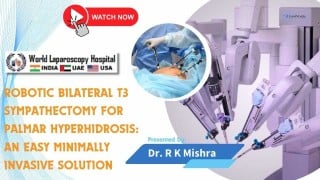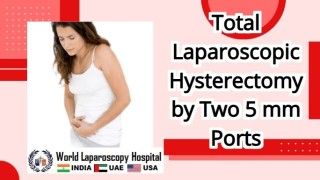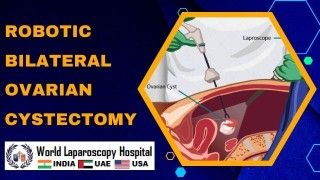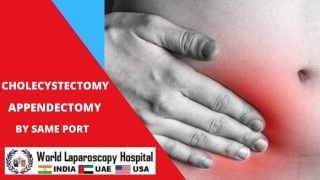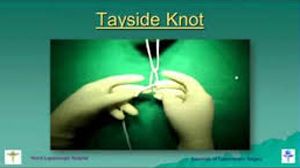Revolutionizing Treatment: Laparoscopic Surgery for Chronic Ectopic Pregnancy
Add to
Share
991 views
Report
2 years ago
Description
Introduction: Ectopic pregnancy, a condition where the fertilized egg implants outside the uterus, poses significant risks to maternal health and fertility. Traditional management of ectopic pregnancies often involved open surgery, resulting in longer hospital stays and increased recovery time. However, the advent of laparoscopic surgery has revolutionized the treatment of chronic ectopic pregnancies. This essay explores the transformative impact of laparoscopic surgery in managing chronic ectopic pregnancies, providing safer, more efficient, and minimally invasive solutions for women facing this challenging condition. Body: Understanding Chronic Ectopic Pregnancy: Chronic ectopic pregnancy occurs when an ectopic pregnancy goes undetected or untreated, leading to a persistent growth of the gestational tissue outside the uterus. This condition poses serious risks to the mother's health, including the potential for rupture, severe bleeding, and organ damage. Traditional open surgery was the primary approach for managing chronic ectopic pregnancies, but it often required larger incisions and more invasive procedures. Laparoscopic surgery has emerged as a revolutionary alternative. Laparoscopic Surgery for Chronic Ectopic Pregnancy: Laparoscopic surgery involves the use of small incisions, specialized instruments, and a laparoscope—a thin, lighted camera—to visualize and access the affected area. This minimally invasive technique allows for the precise removal of the ectopic pregnancy while preserving the surrounding healthy tissue. The laparoscopic approach offers numerous advantages, including reduced blood loss, shorter hospital stays, faster recovery, and improved cosmetic outcomes. Benefits of Laparoscopic Surgery: Laparoscopic surgery has transformed the management of chronic ectopic pregnancies, offering several key benefits. Firstly, the smaller incisions result in less trauma, decreased post-operative pain, and reduced scarring compared to open surgery. The laparoscopic camera provides high-definition visualization, allowing surgeons to navigate the delicate structures with enhanced precision, reducing the risk of complications. Additionally, the minimally invasive nature of laparoscopic surgery enables a faster return to normal activities, promoting a quicker recovery and improved patient experience. Preservation of Fertility: Preserving fertility is a significant concern for women facing chronic ectopic pregnancies. Laparoscopic surgery offers the advantage of preserving healthy tissue and structures, increasing the chances of future successful pregnancies. By precisely removing the ectopic pregnancy while sparing the reproductive organs, laparoscopic surgery provides women with a safer and more fertility-friendly option compared to more invasive procedures. Advancements and Future Directions: Laparoscopic surgery for chronic ectopic pregnancies continues to evolve with advancements in technology and surgical techniques. Robotic-assisted laparoscopic surgery and mini-laparoscopic approaches are being explored to further improve surgical precision and patient outcomes. Ongoing research and innovations aim to refine the procedure, reduce surgical time, and enhance patient safety. Laparoscopic surgery has revolutionized the treatment of chronic ectopic pregnancy, offering a minimally invasive and highly effective solution for women facing this challenging condition. Unlike traditional open surgery, laparoscopic surgery involves small incisions, specialized instruments, and a camera to visualize and remove the ectopic pregnancy. This description highlights the benefits of laparoscopic surgery, including reduced pain, faster recovery, and improved fertility preservation. By providing a safer and more efficient approach, laparoscopic surgery has transformed the management of chronic ectopic pregnancy, offering women a minimally invasive option for better outcomes and enhanced reproductive health. Conclusion: Laparoscopic surgery has revolutionized the treatment of chronic ectopic pregnancies, offering a safe, efficient, and minimally invasive alternative to traditional open surgery. By combining precise visualization with smaller incisions, laparoscopic surgery provides numerous benefits, including reduced post-operative pain, shorter hospital stays, faster recovery, and improved fertility preservation. As technology and techniques continue to advance, laparoscopic surgery for chronic ectopic pregnancies holds great promise, ensuring women facing this challenging condition receive optimal care and improved reproductive outcomes.
Similar Videos

